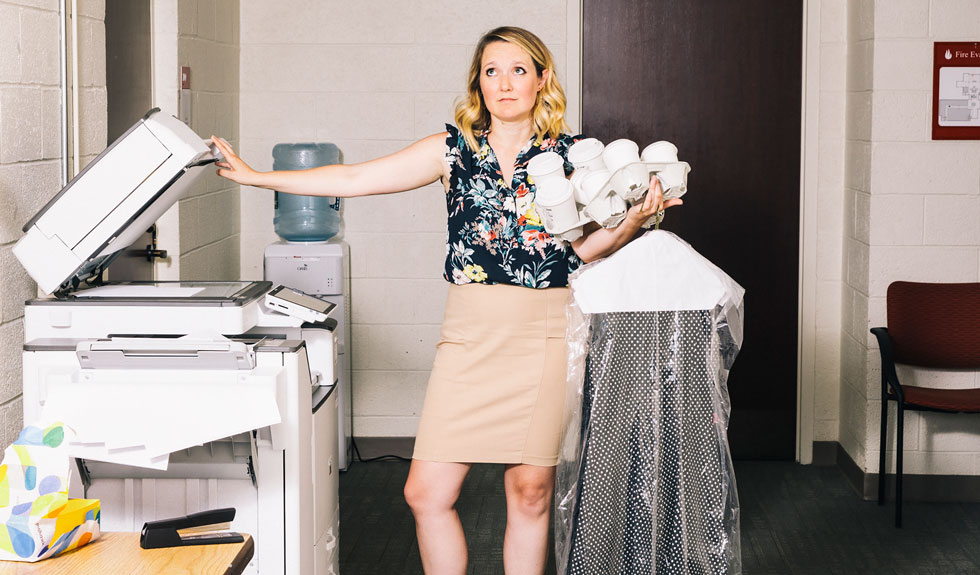5 Lessons Avoiding Bad Internships
At Questrom, Sara Dever (MBA’19) was president of the Internship Fund for Social Impact, a student-run organization that funds students pursuing underpaid or unpaid socially responsible work experiences. So, when she began searching for her own internship, she didn’t just want to burnish her résumé—she wanted to make a difference too. She found her fit at Honest Tea, a mission-driven beverage brand (now owned by the Coca-Cola Company). There, Dever was a designated mission intern, working to reinforce the company’s values and incorporate them into a new brand strategy—all in just three months. Today, Dever, who graduated with a social impact MBA, is an associate brand manager at Stonyfield, the mission-driven yogurt company. Here’s her advice for making internship programs work:
1. Plan, Plan, Plan “During my time at Honest Tea, I was working on a very clear project. They scoped the project into something feasible to do in only three months. Having that kind of focus is critical, not just for the intern’s experience, but for the company. Like any project you’d assign to a full-time employee, you need clear deliverables and goals—internships shouldn’t be any different.”
2. Define Success “It was beneficial for me to have a clear understanding of what success would look like to my team. The first couple of weeks were spent gaining a deeper understanding of what exactly my project would entail, what some of my ongoing responsibilities were, and meeting the folks I’d be working with. I’d map out steps to success with my manager and get some initial feedback—and that really helped me feel prepared early on in the process.”
3. Get to Know Each Other “My manager was great about spending one-on-one time with me. She got to know me as both a person and an employee. She also made a point to educate me about the business—teaching me fundamentals about how the organization worked and connecting me with a ton of different people across various teams.”
4. End on a High Note “Remember that internships are finite. It’s a short period of time, and it flies by. Accomplishing everything you want to and growing professionally in 8 to 12 weeks is tough. By the end of my internship, I was finishing up and presenting my project, and while it was nerve-wracking, I had lots of positive and clear feedback about takeaways from my project, and tips that I could take with me.”
5. Task the Risk “Some employers might be unsure about the idea of bringing on interns because there’s already so much to manage day-to-day, but the payoff can be super valuable. Everyone can benefit from an outside perspective, and it could turn out to be a really cool opportunity for both the intern and the organization as a whole.”

